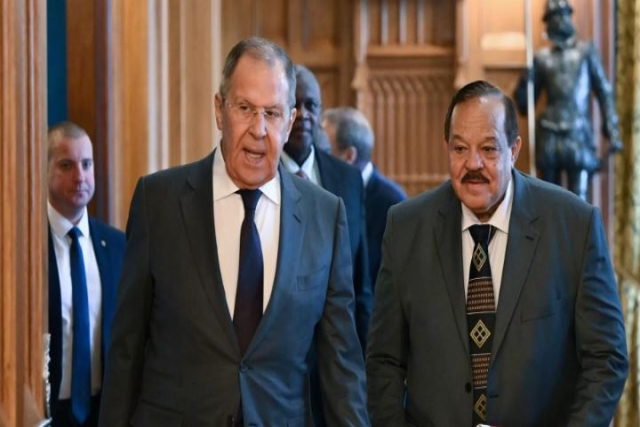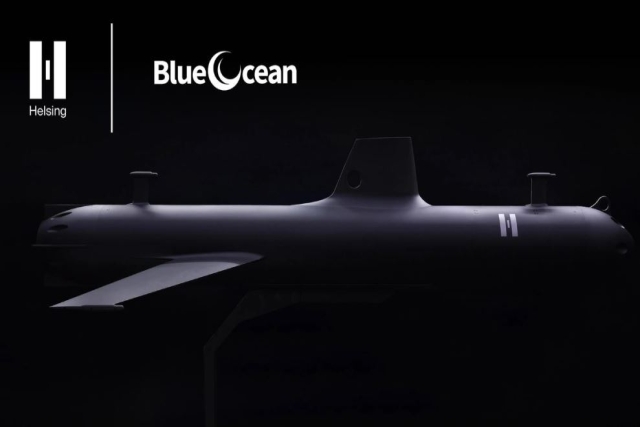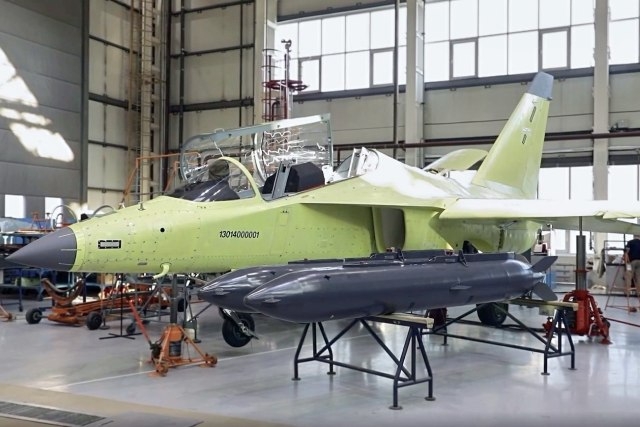Sudan Approves Russian Naval Base Deal on Red Sea
Agreement awaits formal ratification following discussions in Moscow

Sudan’s government has stated that there are no obstacles to finalizing an agreement allowing Russia to establish a naval base on the Red Sea coast, with formal ratification being the final step, Sudanese Foreign Minister Ali Youssef Sharif confirmed in Moscow.
The agreement was negotiated under former Sudanese President Omar al-Bashir, reportedly permits the Russian Navy to maintain up to four ships, including nuclear-powered vessels, at the facility for 25 years. However, after al-Bashir was ousted in 2019, Sudan’s military government reviewed the deal, and its implementation was suspended in 2021. The project faced further delays due to Sudan’s ongoing civil war.
“There are no obstacles, we are in complete agreement,” Sharif said after meeting with Russian Foreign Minister Sergei Lavrov in Moscow, Reuters reported.
"We have reached an understanding on this issue. Therefore, the question is quite simple. I have nothing to add. We agreed on everything," Al-Sharif said during a briefing following talks on the creation of a Russian naval base.
He emphasized that a new deal was not needed, as the original agreement only requires ratification.
Earlier this week, Lavrov stated that Russia is ready to work with international partners to help stabilize Sudan. His Sudanese counterpart acknowledged Moscow’s support amid the ongoing war between the army and the Rapid Support Forces (RSF), which has continued since April 2023. The International Committee of the Red Cross warned that the conflict could cause disease outbreaks and a healthcare system collapse.
The base in Port Sudan would be Russia’s first military outpost in Africa and provide a strategic presence along the Red Sea, a key global trade route connecting the Suez Canal to the Indian Ocean. Approximately 12% of global trade passes through this waterway. A Russian naval facility in Sudan would place Moscow alongside the U.S. and China, both of which maintain bases in nearby Djibouti.
Russia has maintained relations with both sides in Sudan’s ongoing conflict between the army and the paramilitary Rapid Support Forces (RSF). While the Wagner Group previously supported the RSF, Moscow has recently strengthened ties with Sudan’s military leadership. In April 2023, Russian Deputy Foreign Minister Mikhail Bogdanov visited Sudan, pledging military support to the army. Russia also vetoed a U.N. Security Council resolution calling for a ceasefire in Sudan, which is being described as some experts as a controversial move.
Last year, a top Sudanese general claimed that Russia had requested a fueling station on the Red Sea in exchange for weapons and ammunition. Sharif stated that such a station would pose “no threat to any other country or to Sudan’s sovereignty,” drawing comparisons to Djibouti, which hosts several foreign military bases.
The announcement of the base agreement comes amid concerns over Russia’s continued access to its primary overseas naval facility in Tartus, Syria, following instability in the region. The Red Sea outpost could help Russia maintain influence over strategic maritime routes and secure its military presence in Africa.









